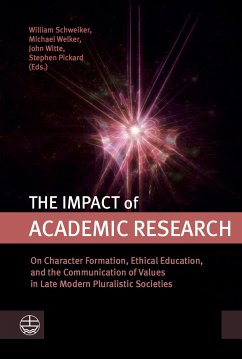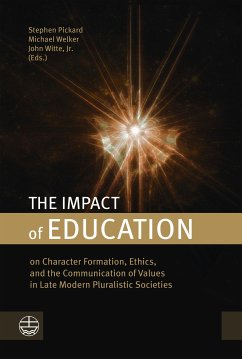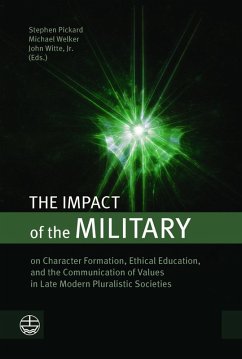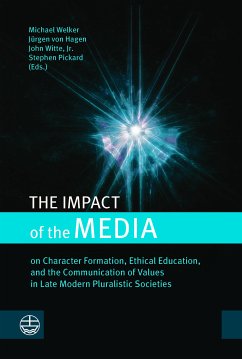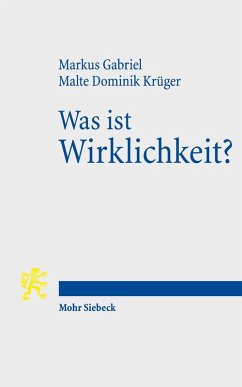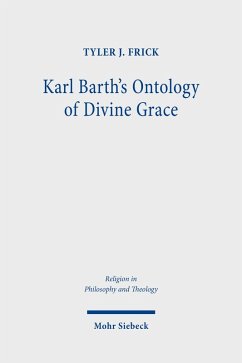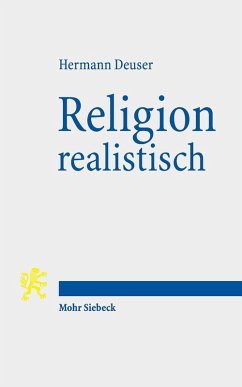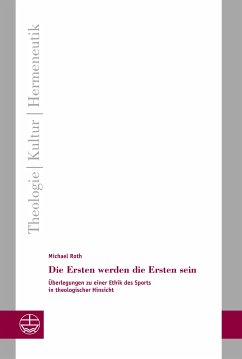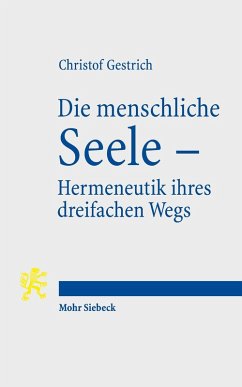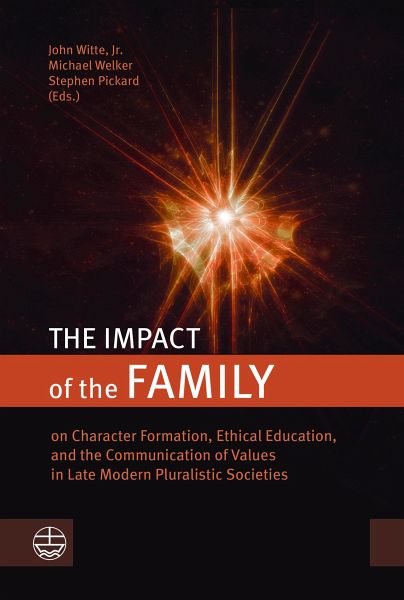
The Impact of the Family (eBook, PDF)
on Character Formation, Ethical Education, and the Communication of Values in Late Modern Pluralistic Societies
Redaktion: Witte, John; Pickard, Stephen; Welker, Michael
Versandkostenfrei!
Sofort per Download lieferbar
Statt: 30,00 €**
24,99 €
inkl. MwSt. und vom Verlag festgesetzt.
**Preis der gedruckten Ausgabe (Broschiertes Buch)
Alle Infos zum eBook verschenkenWeitere Ausgaben:

PAYBACK Punkte
0 °P sammeln!
The family is humanity's oldest and most basic social institution, but today it is fragile, fractured, and fraught in many liberal lands. This volume gathers scholars from sociology, psychology, history, religion, ethics, law, and medicine from five continents to analyze the complex nature and place of the family in character formation and human flourishing. The chapters study the impact of catechesis, schooling, work, and discipline on the development of individual moral agency and responsibility. They document the critical roles of family love, trust, fidelity, and story-telling in shaping t...
The family is humanity's oldest and most basic social institution, but today it is fragile, fractured, and fraught in many liberal lands. This volume gathers scholars from sociology, psychology, history, religion, ethics, law, and medicine from five continents to analyze the complex nature and place of the family in character formation and human flourishing. The chapters study the impact of catechesis, schooling, work, and discipline on the development of individual moral agency and responsibility. They document the critical roles of family love, trust, fidelity, and story-telling in shaping the moral character of all family members from infancy to old age. They describe effective strategies of resistance and resilience for family members who face abuse, divorce, death, chauvinism, racism, and homophobia. And several chapters challenge modern arguments and policies that aim to flatten if not abolish the marital family, even while they call for family law reforms. Contributions by Enola G. Aird, Helen Alvaré, Robert N. Bellah, Margaret Jane Brining, Michael J. Broyde, Marcia Bunge, Stephen Carter, Jean Bethke Elshtain, Robyn Fivuush, Patrick Hornbeck, Andreas Kruse, Nadia Marais, Gordon Mikoski, Bonnie Miller-McLemore, Patrick Parkinson, Katja Patzel-Mattern, Sabina Pauen, Stephen G. Post, Eugene C. Roehlkepartain, and Thomas Xutong Qu.
Dieser Download kann aus rechtlichen Gründen nur mit Rechnungsadresse in A, B, BG, CY, CZ, D, DK, EW, E, FIN, F, GR, H, IRL, I, LT, L, LR, M, NL, PL, P, R, S, SLO, SK ausgeliefert werden.




